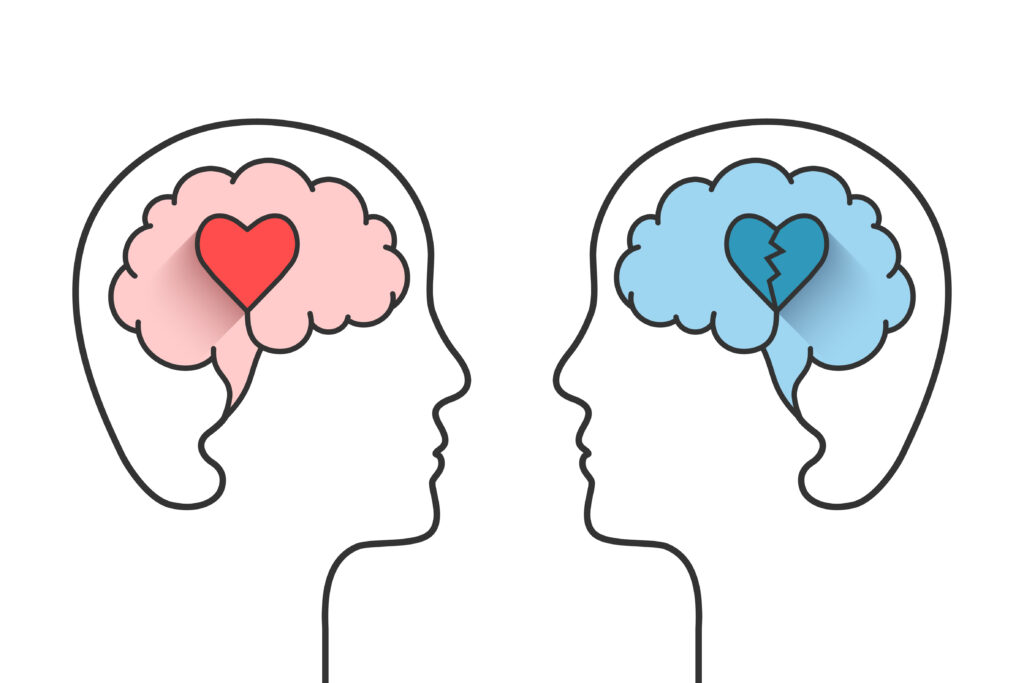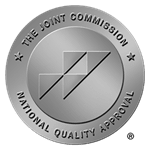Transactional Analysis: The Games People Play

What is Transactional Analysis?
If you count the number of therapeutic modalities currently used in psychotherapy worldwide, you’ll probably find hundreds, if not more. The psychiatrist Irvin Yalom would say that all psychotherapeutic modalities must inevitably deal with the Four Existential Givens of Life: Death, Freedom, Isolation, and Meaninglessness.
On the other hand, behavioral therapists would likely suggest that all modalities deal with our behavioral responses to stimuli. The founder of Stoicism, Zeno of Citium, first derived this idea in 3rd Century B.C. Athens. Later, Stoic Epictetus spread this idea further, stating, “It is not events that disturb us, it is our responses to them.”
This notion inspired the entirety of what is now called Cognitive Behavioral Therapy. Freud would have said the influence of unconscious drives can explain all human behavior. Furthermore, bringing such drives to consciousness for the purpose of working with them adaptively is the purpose of therapy.
A History of Transactional Analysis
In the 1950s, psychiatrist Eric Berne, who trained for years in classical Freudian psychoanalysis, became dissatisfied with Freud’s focus on the individual in therapy. As a result, he began to develop a way of working with human behavior that involved analyzing social interactions.
In this, Berne was part of a leading edge of therapists in the mid-20th century who were focusing on relational therapy, or more formally, Intersubjective Analysis. This is a fancy way of saying that humans are relational and therefore understanding those around us and being understood by others become primary drivers of human emotional health, growth, and change. It was, in fact, out of this movement toward relationships that the discipline of Marriage and Family Therapy was born.
Even Freud recognized that our family relationships are crucial influences on our emotional health, as is the state of our various other relationships, particularly our intimate relationships.
The Ego States
Berne used a number of ideas from traditional psychoanalysis to organize Transactional Analysis. His theory is that all humans think, feel and behave out of three basic ego states: Parent, Adult, and Child.
Depending on the given situation, and on a person’s relative state of emotional maturity, they will function in one of these three ego states or in a fluid, blended state.
Where difficulties arise is when the ego state we’re operating from doesn’t quite fit the situation we’re in.
Parent State
The Parent state reflects learned behaviors from our earliest authority figures – our parents, grandparents, teachers, and others in a position of power – and significantly impacts how we perceive and engage with the world around us.
Within this ego state are two types of “Parents”:
Nurturing Parent
This includes the learned behaviors and attitudes that stem from caring, supportive, and nurturing interactions. When we operate from this state, we exhibit the behavior of a caring and compassionate parent, and naturally offer up support, guidance and encouragement.
Critical Parent
This includes more critical or controlling behaviors, reflecting strictness or judgment in the form of harsh rules or critique.
Adult State
This state involves our more objective and rational side, driven by logic, reason, and problem-solving. From this state, we analyze situations based on facts rather than emotional impulses. We are also more flexible in our approach, able to shift gears based on the present moment.
Child State
This state involves the part of our personality where emotions, feelings, and behaviors learned in childhood are stored. It can be influenced by both nurturing experiences and traumatic experiences from our earliest years.
Within this ego state are two types of “Children”:
Adaptive Child
This state is generally considered positive, full of curiosity, wonder, creativity and innocence.
Reactive Child
This state includes more negative behaviors and emotions, led by stubbornness, temper tantrums, and sulking.
Types of Transactions
There are several categories of transactions, based on the ego states of those involved in the interaction:
1. Complementary Transactions
These transactions, also known as Parallel Transactions, occur when the ego states of both the giver of information and the recipient are in alignment. In these interactions, you’ll tend to find smoother and more harmonious communication.
2. Crossed Transactions
These occur when the ego states between two individuals don’t match, resulting in miscommunication or misunderstandings between two parties. An example includes someone communicating from their Adult state to someone who responds from their Critical Parent state. This mismatch can make it difficult to come to a place of agreement or understanding.
3. Ulterior Transactions
Within ulterior transactions, there is a hidden or underlying message beyond what is being communicated. Here, what is being said or openly expressed is different from the actual thoughts or feelings (which are being hidden). These kinds of transactions lead to miscommunications, misunderstandings and hidden agendas.
Key Concepts of Transactional Analysis
Beyond the idea of the three Ego States as the building blocks of personality lies a few other key concepts that affect how we show up in situations.
Script
This is a story we have learned and internalized about ourselves. Negative stories about ourselves or others often result in dysfunctional social outcomes. The script itself tends to be out of our conscious awareness.
Games
We all have scripts, and with them, we engage in various “games” that generally involve winners and losers. Games in Transactional Analysis have been defined as “a series of duplex transactions which leads to a ‘switch’ and a well-defined, predictable ‘payoff’ that justifies a not-OK, or discounted (less-than) position.”
In a transactional game, we act out our internalized script – and things will go well for a little while. We receive the “strokes” we expect to get from acting out our script instead of being vulnerable and authentic, until things inevitably go south – the “switch” – and then we get the “payoff.”
Strokes
These are the pleasant or familiar thoughts and feelings we receive from playing out our social games with our internalized scripts.
Switch
This is the moment that our internalized script’s utility breaks down. It usually takes place when the script prevents us from expressing our authentic identity at that moment. We may begin to feel sad, confused and angry as a result.
Payoff
This is the usual, expected result of our game, wherein we end up feeling a loser, or “less-than.”
Transactional Analysis Games Examples
Games involve the unconscious – and often negative – patterns of behavior we often find ourselves in. Within these games, we’ll typically find hidden agendas or power plays that play out in a repetitive cycle between individuals. The reason they continue is because they’re familiar – and at some level, many of us seek out familiarity, even if it’s negative.
A few examples of common transactional analysis games include:
The “If It Weren’t For You” Game:
In this game, we blame others for our problems or shortcomings. “If it weren’t for you, I would be: rich, more successful,” and so on. By shifting responsibility, we don’t have to hold ourselves accountable – or take action for personal growth.
The “See What You Made Me Do” Game
In this game, one party provokes a reaction or response from the other, and then blames them for causing a problem. Imagine asking someone for advice, and when the advice fails, you blame them for the outcome of the advice? Or losing your temper on someone and blaming them for causing your reaction? Gaslighting at its finest, folks!
Transactional Analysis in Therapy
Transactional analysis is a key component in modern therapy. How we move through the world – our thoughts, behaviors, and attitudes – are deeply rooted in our interactions with others. Understanding our own patterns gives us more tools when it comes to dealing with other people and situations in our world.
Transactional analysis allows us to dive deeper into how we show up in relationships. It also helps us to understand that the way we show up is fluid, depending on the situations we find ourselves in and the people around us. By recognizing these patterns within us, we are empowered to adjust them. We can always improve our communication in order to reduce conflicts in relationships.
Understanding our ego states can also help us set healthy boundaries in relationships, allowing us to have calmer, more respectful interactions.
But perhaps the biggest thing transactional analysis gives us is an understanding that just as we flow through the ego states, so does everyone else. While we are ultimately responsible for how we show up, it’s massively helpful to hold space and compassion for how others show up as well.
Mental Health in Orange County, CA
Barn Life Recovery is a mental health treatment center located in Orange County, California that specializes in providing mental health services to people dealing with all sorts of day-to-day struggles. Check out our events to see how you can get involved with our community.










